In May 2019, 404 days after I submitted a commentary detailing egregious flaws in data collection and analysis of a study purporting to estimate contraceptive effectiveness of the Daysy thermometer -- that study was retracted from the journal Reproductive Health. The retraction note says: “Independent post-publication peer review has confirmed that there are fundamental flaws in the methodology which mean that the conclusions are unreliable due to selection bias and the retrospective self-reporting of whether pregnancies were intentional.”
Science reporter Stephanie Lee covered the retraction story in Buzzfeed. Prior writings had investigated Daysy and detailed unethical behaviors by Valley Electronics (Daysy’s manufacturer) – including that the company kicked people out of online forums for asking questions, and used manipulative language in their marketing materials. In a comment on PubPeer, I also detailed unethical behaviors by Valley Electronics.
I’m glad to have helped to remove junk science from the literature. Hopefully, fewer people will be made vulnerable to unintended pregnancy via misleading, unsupported claims. While the retraction was very important, it does not fully solve the problem. Elsewhere, I’ve described the concerning asymmetry between the rapid spread of misinformation on social media and the long, slow process of addressing misinformation in the scientific literature, and how this mismatch can ultimately impact public health.
So, I have more to say.
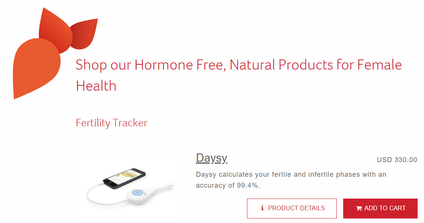

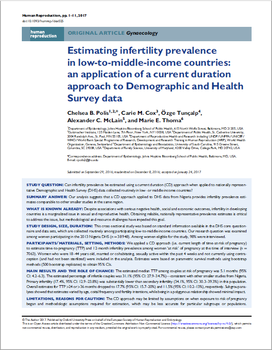
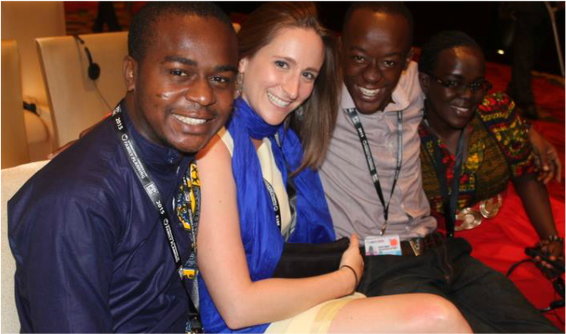
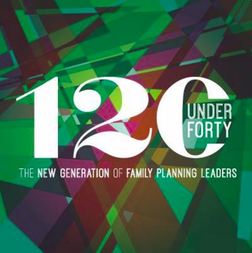

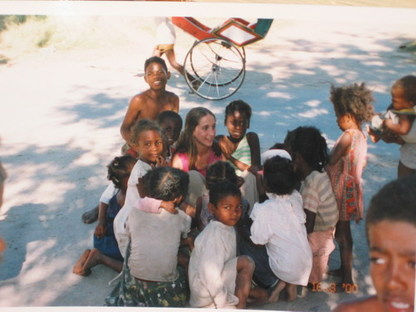
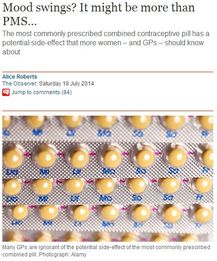
 RSS Feed
RSS Feed